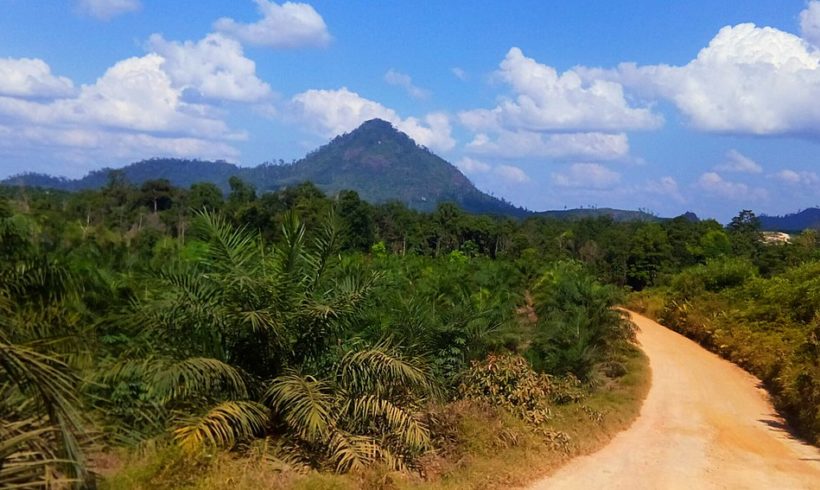There’s a “forgotten solution” for achieving major economic, development and climate gains—transforming the way the world feeds itself and manages its land.
At this week’s UN General Assembly, members of the Food and Land Use Coalition will meet with heads of state and CEOs to raise the profile of this issue and encourage greater action. They have new research to support their case. The food and land use chapter of the New Climate Economy’s Global Opportunities Report sets out how decisive action on food and land use is at the heart of the inclusive growth story of the 21st century. The report finds that more sustainable food and land use business models could be worth up to $2.3 trillion, and that they’re critical to delivering a more climate-secure and resilient world.




